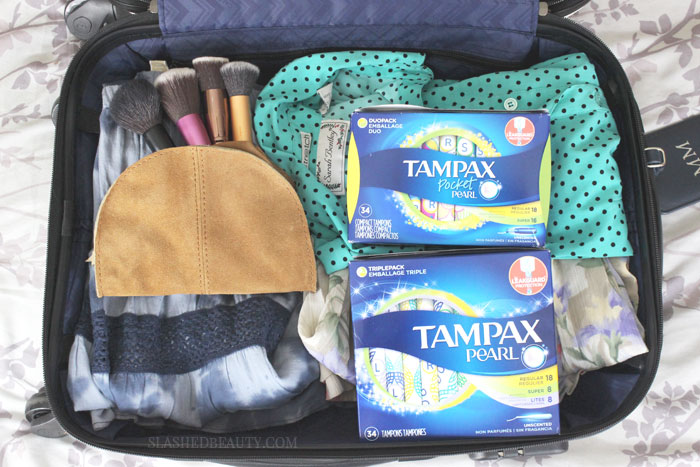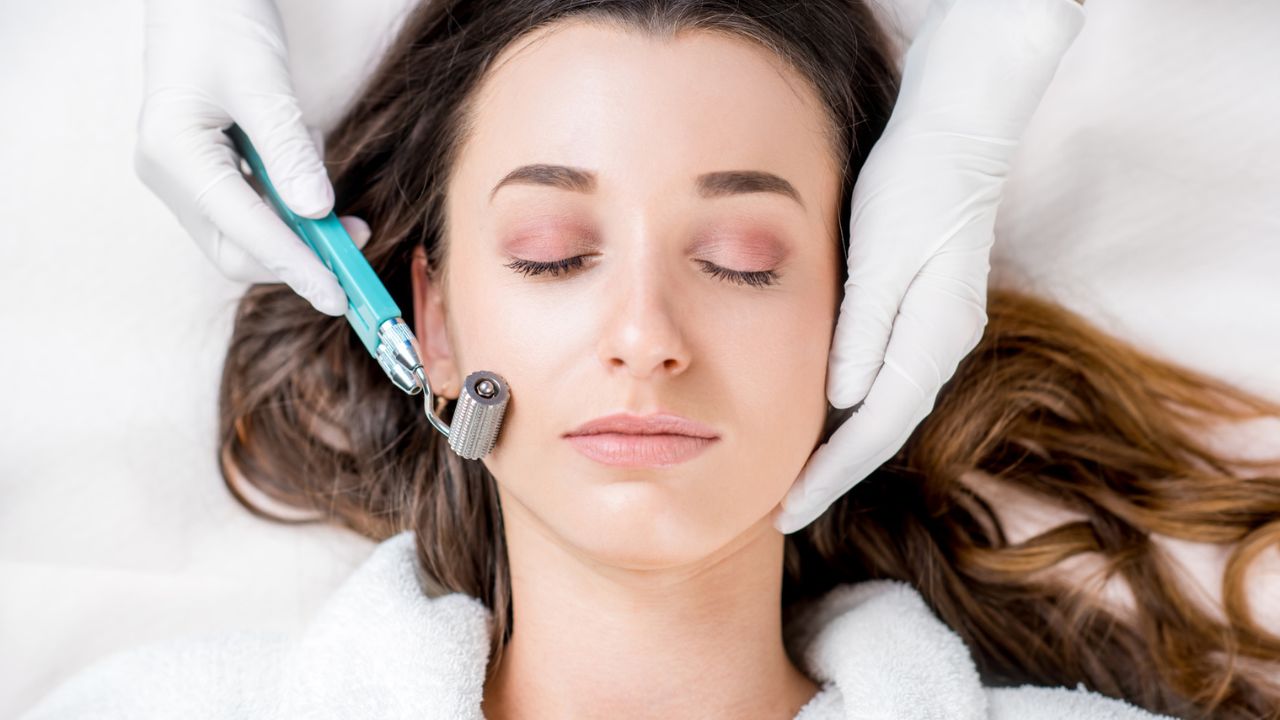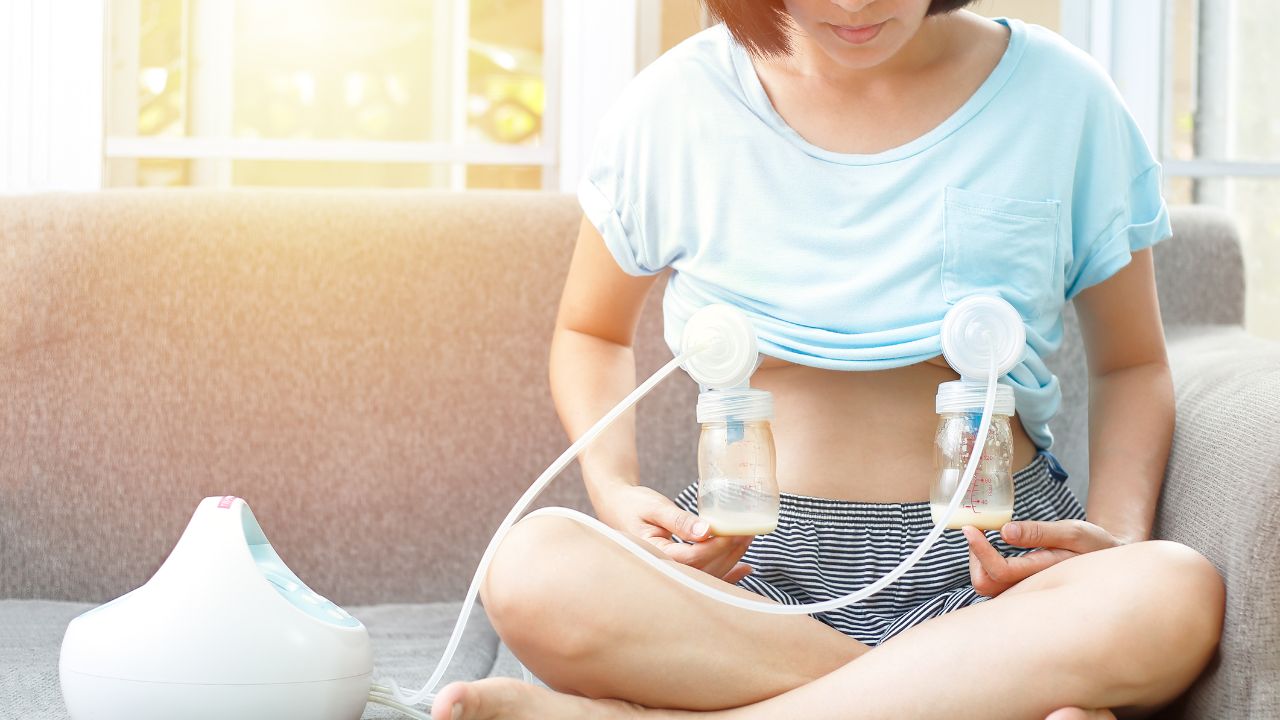Period hygiene tips

Most of us act quite discreetly during our periods and don’t care to consider whether our actions are hygienic. Sometimes, our napkins spend the entire day in our pockets. While most women in rural areas and small towns use reused, unclean fabric for their periods. Because periods are viewed as filthy, some households don’t even permit their ladies to use detergent.

Period hygiene tips
Use only one sanitation method
Women can use two sanitary pads, tampons, and sanitary pads, or one sanitary pad and a piece of cloth when they have a strong period flow. Though the notion might appear wonderful, changing it frequently is actually the best course of action.
Combining two pads or a tampon with a sanitary pad is not recommended since the two pads absorb the blood and you are less likely to change them frequently enough to maintain good health.
When using tampons, this might result in infections, rashes, and potentially complex problems like TSS. Additionally, one should think about if the cloth is the most hygienic to place next to one’s private areas if one chooses to use it as additional protection. The entire two-pad setup is also highly painful, and it might give you a rash and put you in a foul mood.

Wash frequently
You should always wash excess blood away from menstruating women because they often have blood enter tiny spaces like the skin between their labia or the crust around the opening of the vagina. The vaginal area usually stops smelling using a similar technique.
Therefore, it’s essential to wash your labia (the female genital projections) and vagina before putting on a new pad. If you are unable to wash before changing, be sure to wipe the affected areas with tissues or toilet paper.
Pad rash can be risky
You may develop a pad rash if you are going through a heavy flow phase. Chaffing happens when the pad gets moist and starts to rub against the legs. Stay dry throughout your period to avoid this from occurring. The best thing you can do if you have a rash is to stay dry.
Applying an antibiotic ointment after taking a bath and right before bed will help the rash heal and stop it from chaffing further. You might require a medicinal powder that keeps the region dry if it grows worse. If required, see a doctor.
Choosing a sanitation technique
These days, menstruation cups, tampons, and sanitary napkins can all help you stay clean. In India, single girls are more likely than not to use sanitary napkins as a means of contraception. Choose the tampon with the lowest absorbency rate for your flow to guarantee that you get the greatest outcomes from it.
Others choose to stick with a single type and brand, even though some women use several brands and types of sanitary napkins on different days of their periods or use multiple forms of protection (such as tampons and sanitary napkins).
For this reason, it might be preferable to stick with one brand and one type of protection for a while to see if it works for you. Since brands are as unique as each of us and fit us differently, switching brands regularly might be uncomfortable.
Pack a bag for your period
When you get your period, it’s crucial to be prepared. A soft towel, tissue paper, hand sanitizer, a healthy snack, a bottle of water, and a tube of antiseptic medication should also be kept in a clean pouch or paper bag along with extra sanitary pads or tampons (if you use one).

You must make sure you have extra pads/tampons and change them frequently. Both changing them and properly storing them are essential to preventing contamination. The presence of an exposed pad or tampon in your bag without a fresh pouch puts you at risk for vaginal or urinary tract infections.
Use a soft towel to wipe your hands or face after washing them. Paper towels are essential for wiping away extra water after washing your privates. Toilet paper shouldn’t be used since it will tear and rip when it comes into contact with water. Sanitizer is a key component in this recipe.
You can use this to clean the tap faucet and flush knob in addition to your hands and the bathroom sink. In addition to a bottle of water to keep you hydrated throughout the day, you should always keep a snack on hand in case you start to feel weak or exhausted.
Frequently altering
Menstrual blood becomes contaminated as soon as a woman leaves her body because of her innate germs. This rule still holds true on days when there is no bleeding because your pad will still be contaminated with genital sweat. The organisms that live in warm, wet conditions are more likely to multiply and can lead to vaginal and urinary tract infections as well as skin irritation.
Tampons should generally be changed every two hours, whereas sanitary pads should generally be replaced every six hours. Changes must be timed specifically to meet your demands. Women may experience strong flow in some circumstances and need to change more frequently, while this may not always be necessary. On rare occasions, when you have a lesser flow, your tampon or sanitary napkin may not be totally used, but you still need to replace it frequently.
After prolonged use, tampons must be removed from the vaginal area because they can contribute to a condition known as TSS, or toxic shock syndrome, which develops when germs invade the body and produce a serious illness that may necessitate emergency care and even result in death.
FAQ Related to period hygiene tips
How can I stop my period from smelling?
Changing your tampons, liners, or pads every couple of hours is one simple approach. It’s crucial to clean the outside of your vagina if you want to avoid period scents. Shower every day, and keep your hands away from your vagina. Deodorizing wipes and sprays shouldn’t be used because of the risk of irritation.
How do you flush out your period?
Menstrual bloodstains can be removed from clothing using the same methods as regular bloodstains. By washing the items in cold running water, you can get rid of the stain in most cases. Put some soap on if necessary.
Why does it smell when I open my legs?
Wetness. Sweating in the groin region can promote the growth of bacteria and fungi that can smell. Showering after working out or engaging in an athletic activity can aid in getting rid of sweat-related smells. It can be beneficial to change into clean, dry clothing after working up a sweat.
- Your Ultimate Guide to Travel Insurance for Adventure Sports
- A Guide to Renters Insurance for Pet Owners: Pet-Proof Your Policy
- Safeguard Your Future: Understanding Identity Theft Insurance
- Safeguard Your Event: Understanding Event Cancellation Insurance
- Everything You Need to Know About Critical Illness Insurance Riders
- Home Equity Loans vs. HELOCs: Which is Right for You?












